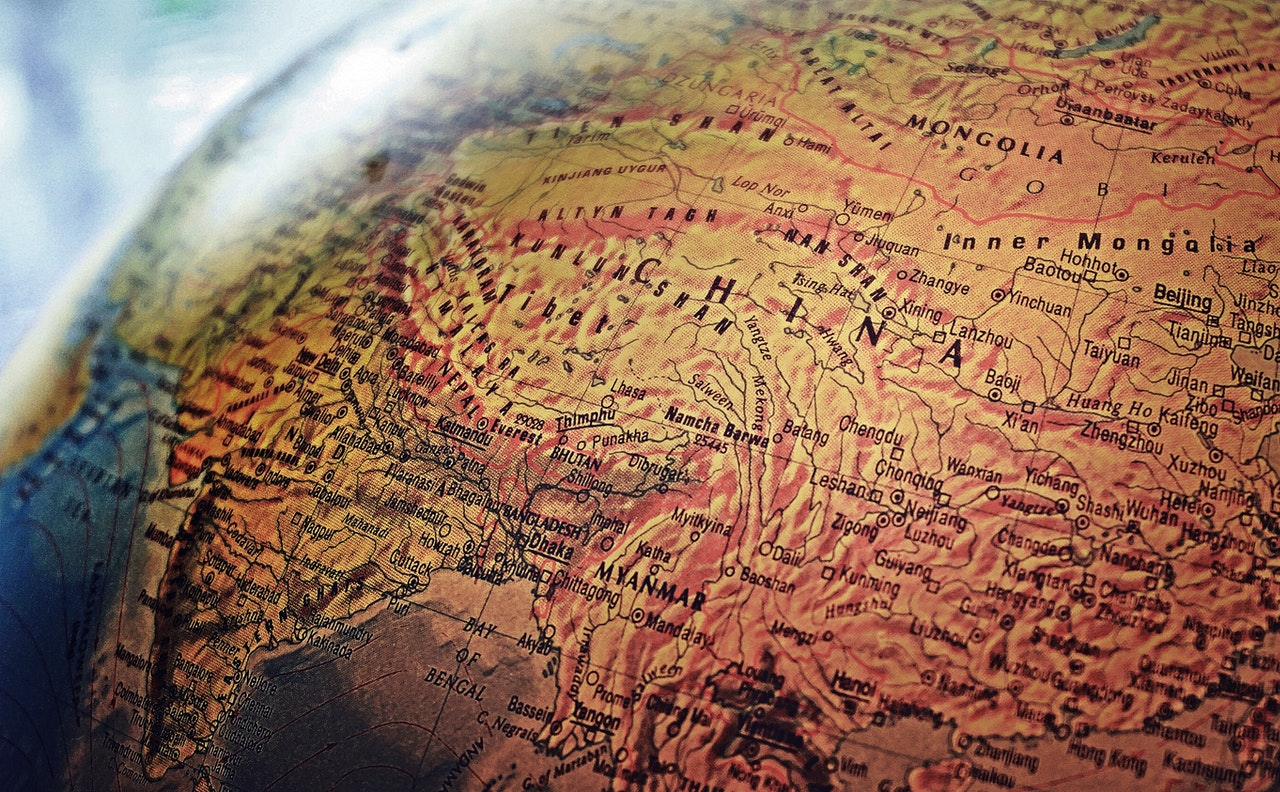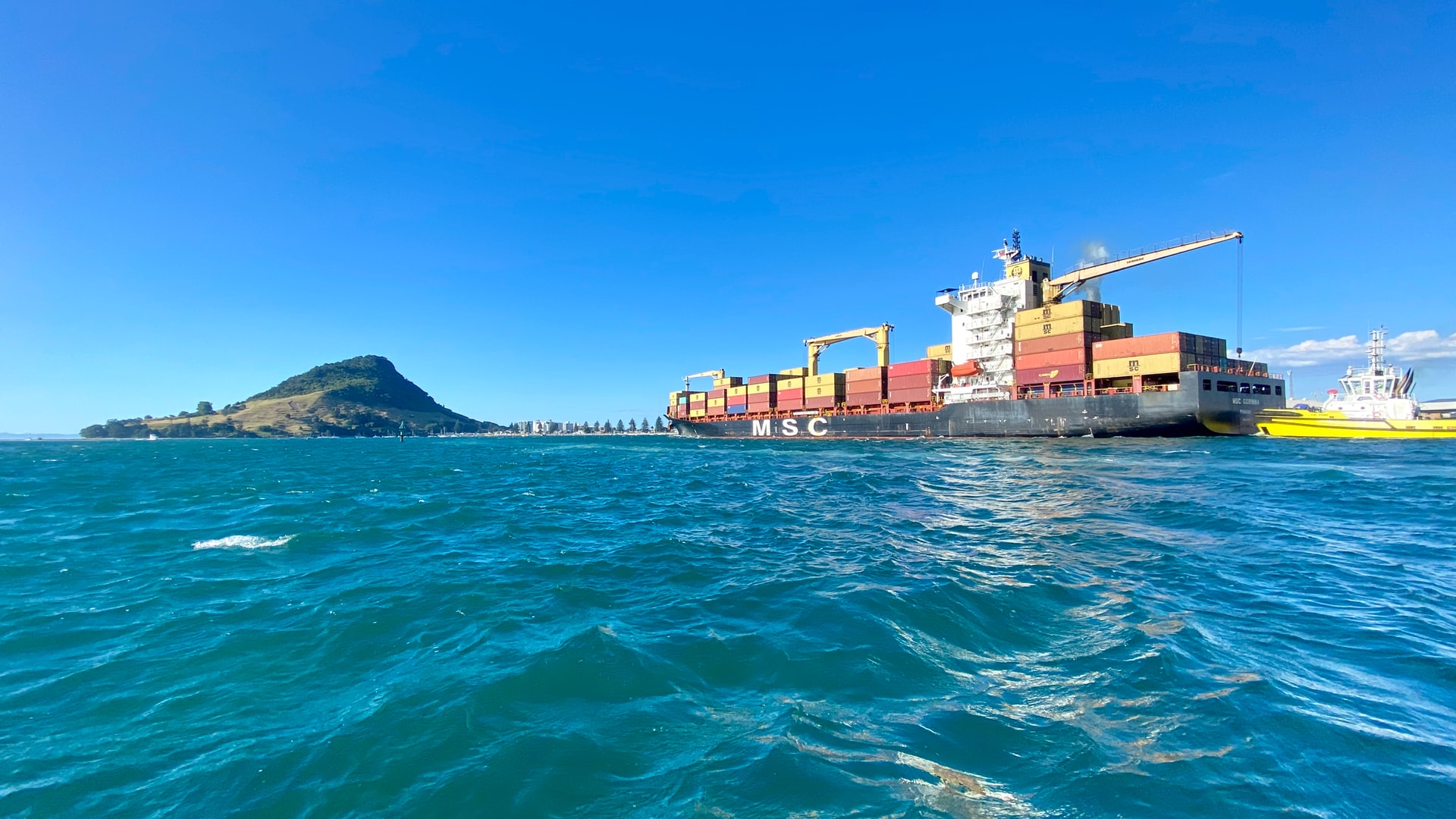Multilateralism the Answer to Asia’s Complex Geopolitics
Asia is home to a multitude of cultures and traditions that make it a cultural melting pot of diverse people, varied languages and several religions. An approximate 4.3 billion people speak an estimated 2,300 living languages across Asia. A regional nation may observe one or two official languages, but few hundred languages thrive alongside. Indeed, this is an enormous linguistic subset in a region that only occupies less than one-third of the total available land mass globally.
We are looking at a diverse congregation of cultures and traditions. Such diversity is bound to result in differences of opinion and consequent status quo events. And given the rise in populist governments, deeper wedges have been driven in existing social bones of contention. Much importance has been given to ideologies of identity and culture. In an increasing trend, the all-important socio-economic sphere is lost in the din of louder pitches advocating origin and cultural/ religious identities.
Horasis believes that priority must be placed on improving the economic standing of the common man. Besides making sure enablers are in place for basic necessities to be met, the broader idea is to ensure access to quality education and affordable healthcare. This complex geopolitical climate must be deliberated upon and roadmaps laid out to benefit the most marginalized sections of society.
In this regard, Horasis is convening the Horasis Asia Meeting on 30 November 2020 – an all virtual event. It will be hosted using the state of the art online conferencing platform called Run the World. There will be over 400 attendees representing businesses, politics, academics, media, and the third sector from Asia and the world. The objective is to discuss collaborative solutions for Asia’s post-COVID future.
Geopolitical Tensions
Asia has always been a culturally-sensitive region. Differences arising from this sphere are not uncommon and in a less than optimal trend, these issues are often used for electoral gains. But this approach is futile in the long-run. Governments must lay their focus on building infrastructure and making sure barriers that have long impeded development, are removed or resolved.
Nationalism is a positive trait so long as it yields progress for a nation. But when nationalism gives way to divisiveness, then its very essence is lost. Case in point being the current globalized world. In simple terms, it really means that supply chains are formed with manufacturing based across multiple countries. A finished product is usually an aggregate of technology, labor, capital, and expertise from diverse countries. And these could be countries that are entirely different from the other; yet business continues regardless. This is possible on account of harmonious relations or simple, uncomplicated geopolitics.
Governments are the apex bodies and as such, the onus is on government representatives to lead by example. They are the torchbearers to whom the youth of any nation look up to. And when their leadership is wont to profess archaic ideas, the outcome is greater inequality and less economic advancements.
At the pandemics onset, certain countries were quick to lay the blame on China. Some even made public their choice to distance political and trade relationships with the manufacturing behemoth. But in what could have been a more evolved approach, government stalwarts could have chosen to work with China in securing strategic knowledge about the crisis. This could possibly have allowed better preparation against its spread.
Symbols of Multilateralism
The EU, meanwhile, stood out as a great example of collaboration and cooperation between its member states amid the pandemic. In Asia, there is a similar organization called the Association for Southeast Asian Nations (ASEAN) and the more recent ASEAN+3 (includes China, South Korea and Japan) that focuses on maintaining the centrality of the association in resolving crises affecting the region. Most ASEAN countries fared well in containing the pandemic’s effects and as a region, the death rate has been lower than that of the US, the Eurozone and Latin America.
Other emerging Asian countries could emulate the example of ASEAN and work towards finding amicable working solutions on all fronts. Businesses also play a major role in this mix. The private sector can act as facilitators in initiating dialogue between two geopolitically constrained countries. They can also act as the harbingers of development and prosperity for neighboring countries ravaged by the pandemic’s impacts. Additionally, large conglomerates should also develop favorable policies that encourage cultural diversity and religious tolerance in their workplaces.
Post-COVID Future
Emerging nations must realize that divisiveness among regional stakeholders bodes ill for their respective economies. Consequently, it leads to less favorable business climates and less inflow of investments. More progressive ideologies of collaboration and inclusivity must be embraced with as much zeal as are more short-sighted ones of isolationism or techno-nationalism.



